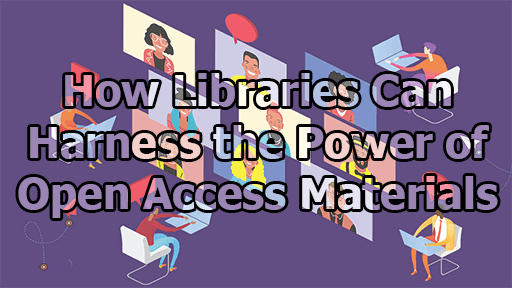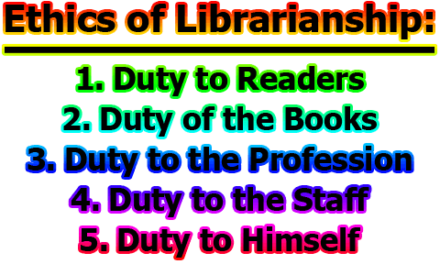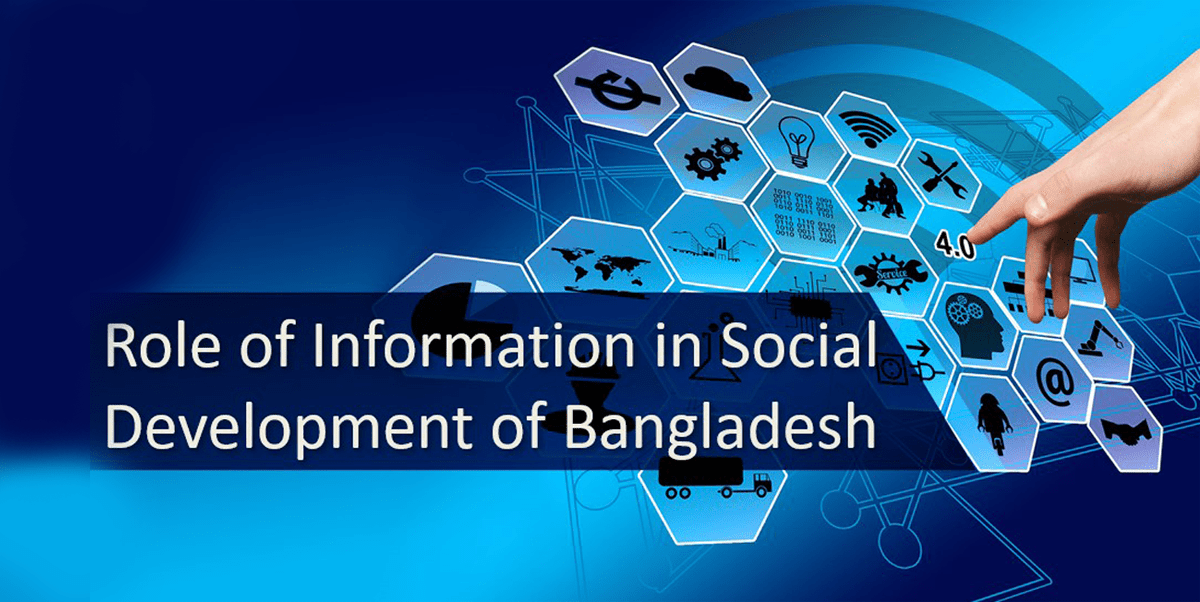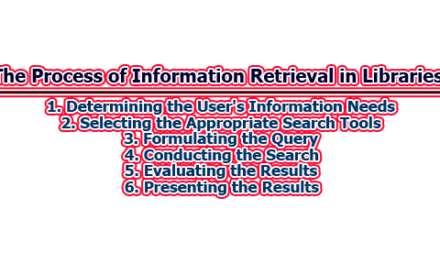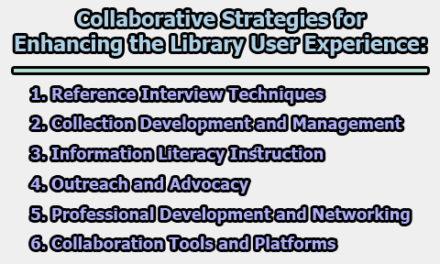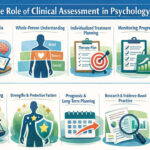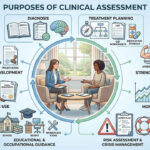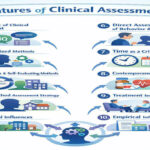How Libraries Can Harness the Power of Open Access Materials:
Libraries have long been regarded as the custodians of knowledge, serving as gateways to the world of information and education. In recent years, the landscape of libraries has been transformed by the advent of open access materials. Open access materials offer a treasure trove of opportunities for libraries to enhance their collections, reduce costs, and foster innovation while presenting some unique challenges. In this article, we explore how libraries can harness the power of open access materials, their benefits, challenges, methods for discovery, evaluation, management, and ethical usage.
The Advantages of Open Access Materials for Libraries:
- Expanding and Diversifying Collections: Open access materials break down the barriers to information by offering a wide range of disciplines, perspectives, and formats. Libraries can enrich their collections with diverse, high-quality resources, catering to the varying needs of patrons.
- Reducing Costs and Barriers: One of the most significant benefits is the elimination of subscription fees, paywalls, and licensing restrictions. This not only reduces the financial burden on libraries but also ensures equitable access to information for all, regardless of their financial status.
- Supporting Research and Education: Open access materials empower researchers, students, and the broader community. Libraries can support and promote research and education by providing free access to valuable scholarly works and educational resources.
- Increasing Visibility and Impact: By curating open access materials, libraries can enhance their relevance and impact. It helps them to attract more patrons and reinforces their status as a vital hub of knowledge dissemination.
- Encouraging Collaboration and Innovation: Open access fosters collaboration and innovation by enabling cross-disciplinary and cross-institutional communication and cooperation. Libraries can play a pivotal role in facilitating these interactions.
The Challenges of Open Access Materials for Libraries:
- Quality Assurance: Open access materials often lack rigorous peer-review processes, requiring libraries to invest significant time and effort in assessing their accuracy and reliability. These materials may not be indexed in traditional academic databases, adding to the challenge of ensuring their quality.
- Copyright and Licensing Compliance: Libraries face the complex task of navigating copyright and licensing terms associated with open access materials. Ensuring that these materials are used ethically and in strict compliance with these terms is a vital challenge, as missteps can result in legal consequences.
- Dynamic and Ephemeral Nature: Open access materials can exhibit dynamic and ephemeral characteristics, necessitating effective management and preservation efforts by libraries. Preventing loss and ensuring long-term access to these resources is crucial.
- User Education: Libraries play a pivotal role in educating both their staff and patrons about the advantages, drawbacks, and best practices of open access materials. This education includes promoting ethical usage and emphasizing proper citation to maintain academic integrity and responsible information dissemination.
Discovering Open Access Materials:
Libraries can find open access materials through various means, including:
- Open Access Repositories: These digital libraries house a wealth of open access materials in various formats, including articles, theses, and data sets.
- Open Access Search Engines: Tools like Google Scholar and specialized search engines are indispensable for discovering open access content.
- Open Access Publishers and Communities: Following open access publishers, organizations, and communities can help libraries stay updated on the latest resources.
- Recommendations: Leveraging the expertise of librarians, researchers, and experts who use and share open access materials can lead to valuable recommendations.
Evaluating Open Access Materials:
When assessing the suitability of open access materials for libraries, several factors come into play:
- Authorship and Authority: Is the author, publisher, or provider reputable and reliable?
- Accuracy and Relevance: Does the material offer accurate and relevant information, addressing the research question or topic at hand?
- Objectivity and Quality: Is the material impartial and of high quality, adhering to disciplinary standards and conventions?
- Citation and Referencing: Does it properly cite and reference its sources?
- Timeliness: Is the material up-to-date and reflective of current research?
Managing Open Access Materials:
Effective management of open access materials involves:
- Cataloging and Indexing: Materials should be cataloged and indexed in accordance with library metadata and classification systems.
- Storage and Organization: Materials should be organized and stored in digital repositories or library websites.
- Monitoring and Updates: Regular checks for changes, errors, or broken links should be conducted to maintain the integrity of the collection.
- Archiving and Backups: To ensure long-term preservation, open access materials should be archived and backed up.
- Usage Monitoring: Libraries should keep track of usage and impact through statistics, metrics, and indicators.
Ethical Usage of Open Access Materials:
Ethical usage of open access materials is paramount. Libraries should ensure:
- Proper attribution to authors, publishers, and providers, acknowledging their contributions.
- Adherence to copyright and licensing terms, which may include non-commercial and share-alike provisions.
- Consistent and accurate citation and referencing of open access materials following discipline-specific conventions.
- Vigilance against plagiarism, fabrication, and falsification.
- Ongoing education for library users and staff about the ethical and responsible use of open access materials.
In conclusion, open access materials have the potential to revolutionize the way libraries operate and serve their communities. By embracing the benefits of open access materials, addressing the associated challenges, and employing best practices, libraries can unlock a world of knowledge for their patrons while advancing research and education. The careful curation and ethical use of these resources are vital steps in harnessing their full potential.

Library Lecturer at Nurul Amin Degree College

